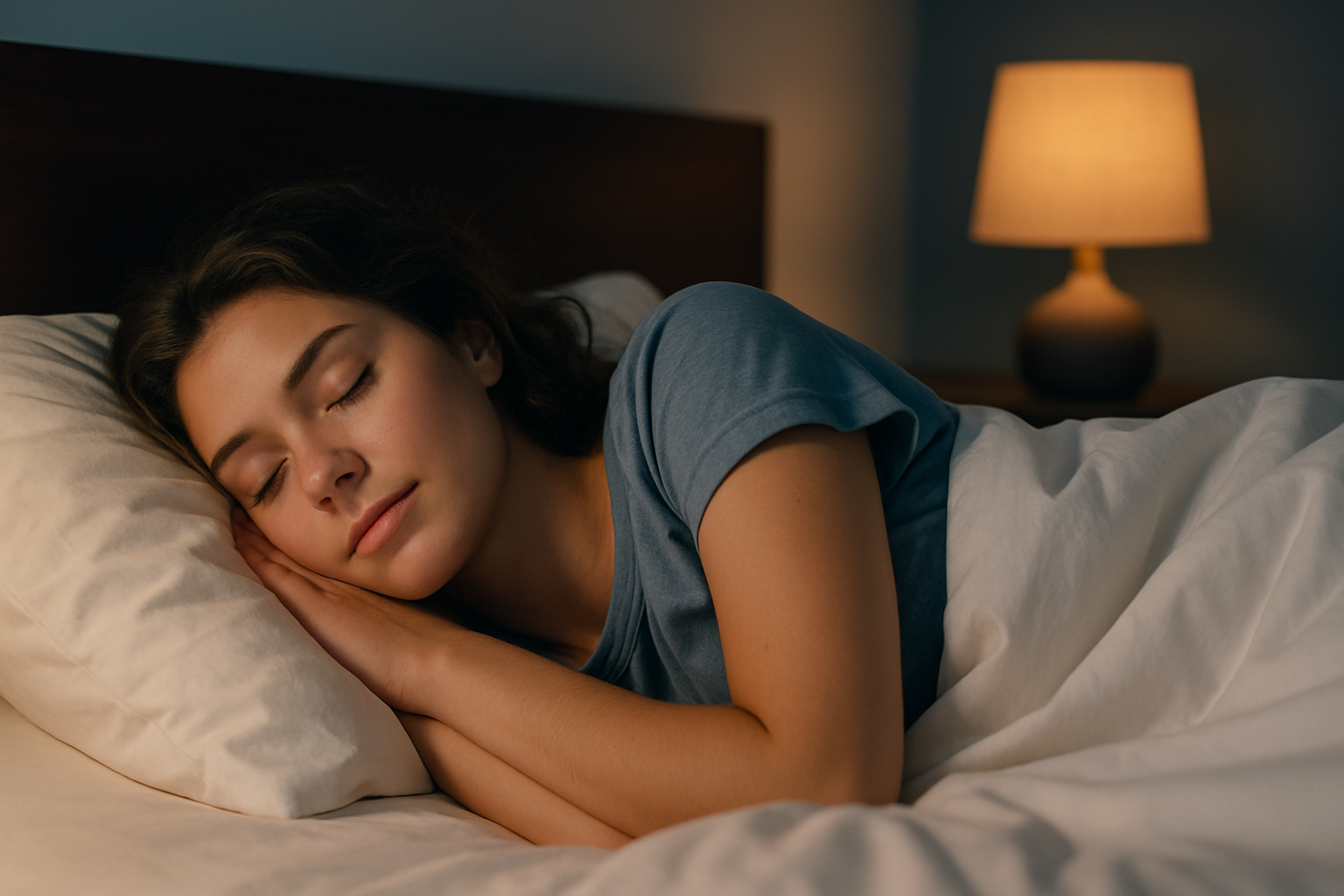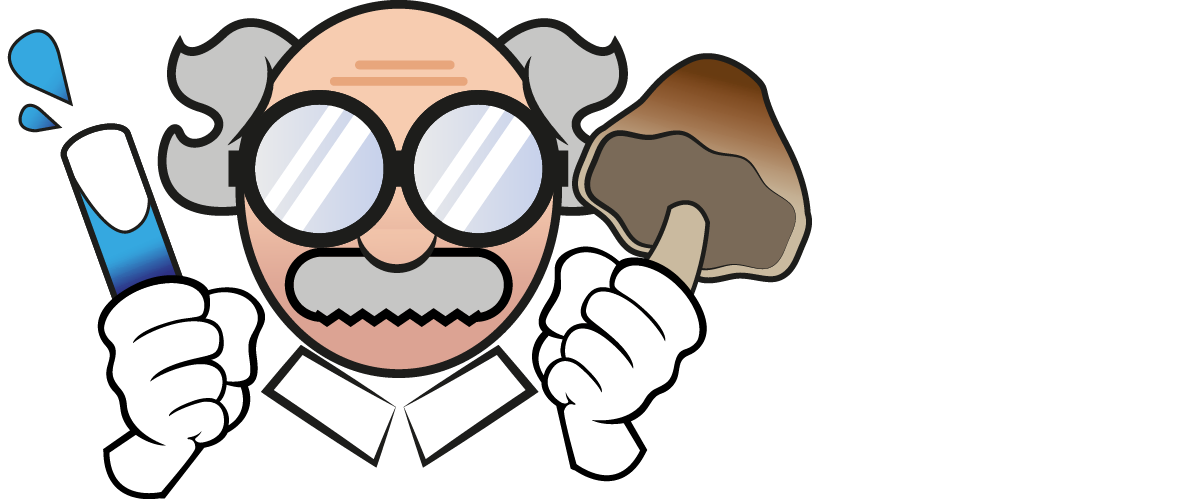A better sleep routine with psilocybin?
A sleep routine is important for a good night's sleep, but have you ever thought about whether psilocybin could be a valuable addition? A sleep routine involves doing a few relaxing activities every night that help you relax and sleep better. Psilocybin can also have a positive effect. You can read more about it in this blog.
What is a sleep routine?
You probably remember how it went when you went to bed when you were little. You took a shower or a bath, your mother read you a story, you grabbed your cuddly toy and fell asleep. Every night was the same. This is a sleep routine. But it is often abandoned as we get older. We stay busy until bedtime and go to bed still full of the energy of the day and then hope that we fall asleep quickly.
That could be one of the reasons why so many people have sleep problems. Because it really doesn't make sense to expect that you can fall asleep easily when your mind is still occupied with your work, worries and the disturbing news of the day. Usually you can still feel all that tension in your body. A sleep routine could be the answer to all your sleep issues, perhaps in combination with psilocybin.
Benefits of a sleep routine
Provides relaxation before bedtime
Helps the body and brain to calm down
Supports a healthy sleep-wake rhythm
Reduces stress and worrying thoughts
Increases the chance of a deeper, restorative sleep
Create your own sleep routine
What does a sleep routine for adults entail? It's all about creating rest and relaxation, preferably not only in the evening, but also during the day. Make sure you follow a fixed rhythm, starting with getting up at the same time every day. Another important point is to expose your body to natural daylight every day. If you work a lot indoors, go outside during your break. This helps to better regulate your natural day and night rhythm (see research from 2019, PMC).
When it gets dark, it is important to get enough rest. Don't eat too late in the evening and stop watching television and looking at other screens an hour before bedtime. Smartphones provide a continuous stream of information, which keeps your brain active. This is also evident from research, published on PubMed 2022. Blue light can also inhibit the production of melatonin. Engage in relaxing activities, such as a warm shower, some reading, meditation and listening to relaxing music. Go to bed at the same time every night. Your body gets used to this, which will help you fall asleep faster.
By creating a sleep routine, you create the ideal conditions for your relaxing and restorative night's sleep. This makes you feel calm, lets go of the hustle and bustle of the day and makes sleep your priority. Scientists are also convinced that a relaxing sleep routine works.(Nature.com, 2024). But psilocybin can also be a valuable addition to your sleep routine.

How do you add psilocybin to your sleep routine?
When we talk about magic mushrooms, many people think of a full-blown trip full of hallucinations. But there is another way to use mushrooms, namely by microdosing. Microdosing means that you take a very small dose of a psychoactive substance, such as psilocybin. The dose is so low that you do not suffer from the mind-altering effects, but you do from the positive effects. This can, for example, contribute to a reduction in anxiety and stress, which can have benefits for sleep.
In addition, psilocybin binds to serotonin receptors. Serotonin is a neurotransmitter that is important for mood and sleep. Psilocybin also appears to promote SWA (slow wave activity) in the brain during sleep. SWA is associated with deep sleep and is important for the regulation of emotions and memory. Researchfrom 2020 published on PubMed seems to indicate this. Although this may be a positive effect of psilocybin, more clinical research is needed to confirm this. Also, the use of psilocybin will not be effective for everyone to improve sleep.
Although there are indications that psilocybin can influence serotonin metabolism and slow wave sleep (SWA), it is important to emphasize that these studies are often in an experimental phase. Large clinical studies in humans are still lacking. The potential benefits are therefore interesting, but not guaranteed or widely scientifically confirmed.
It is important to see how you respond to microdosing. For many people, it gives them energy. If that also applies to you, you can It is better not to take a microdose in the evening, but in the morning. You can then benefit from a mild energy boost during the day and in the evening you can relax and sleep well. But this does not apply to all microdosers. It is possible that you sleep better with psilocybin, that it makes you drowsy, and then you can take your microdose as part of your sleep routine. Users who do this report that they dream more vividly, but wake up completely refreshed in the morning.
To make microdosing part of your sleep routine, you can use the normal Fadiman protocol or one of the other well-known protocols. Follow this protocol for 6-8 weeks, then take a 2-week break to give your body a rest and see how microdosing affected your sleep.
Possible effects of psilocybin on sleep
Binds to serotonin receptors, important for mood and sleep
May contribute to slow wave activity (SWA), associated with deep sleep
Possible effects on emotion regulation and memory processing during sleep
Based on early research findings; more clinical studies needed.
Microdosing for a good night’s sleep
If microdosing sounds like something you might want to try, it’s worth finding out whether taking your dose in the morning or at night works better for you. Microdosing can have benefits for your sleep. Many people report reduced anxiety, increased self-confidence, improved concentration, and increased creativity. Feeling better during the day can go a long way toward helping you get a restful night’s sleep.
Mainstream Alternatives (for Balance)
For those looking for a better night’s sleep without using substances like psilocybin, there are also mainstream interventions like cognitive behavioral therapy for insomnia (CBT-I), melatonin supplements, or relaxation techniques that have been proven to be effective. Always consult a doctor or sleep specialist about this.
Disclaimer
Psilocybin falls under the Opium Act in the Netherlands and is prohibited in many countries, unless used in a research context. Although some studies indicate possible effects of microdosing on sleep and mood, there is currently insufficient evidence to consider this as a proven treatment. This article is not medical advice. Use of psilocybin is always at your own risk and in consultation with a doctor or specialist.







